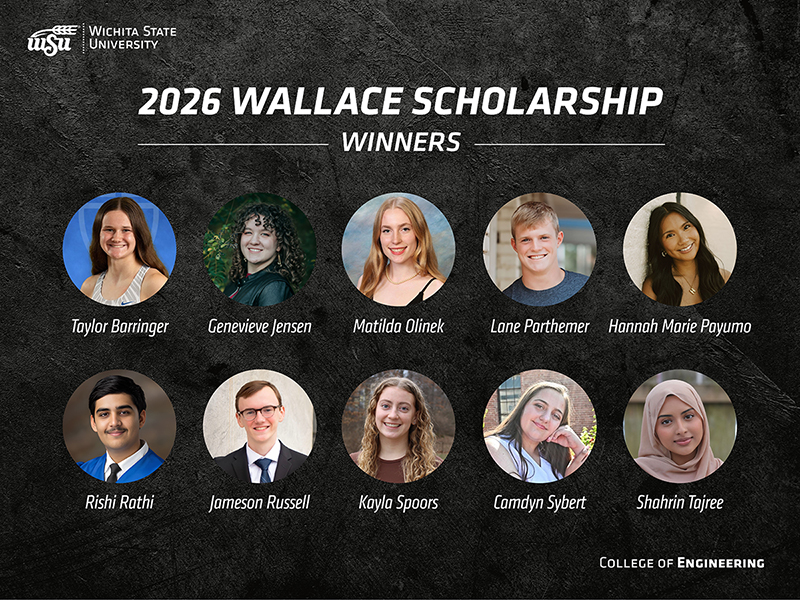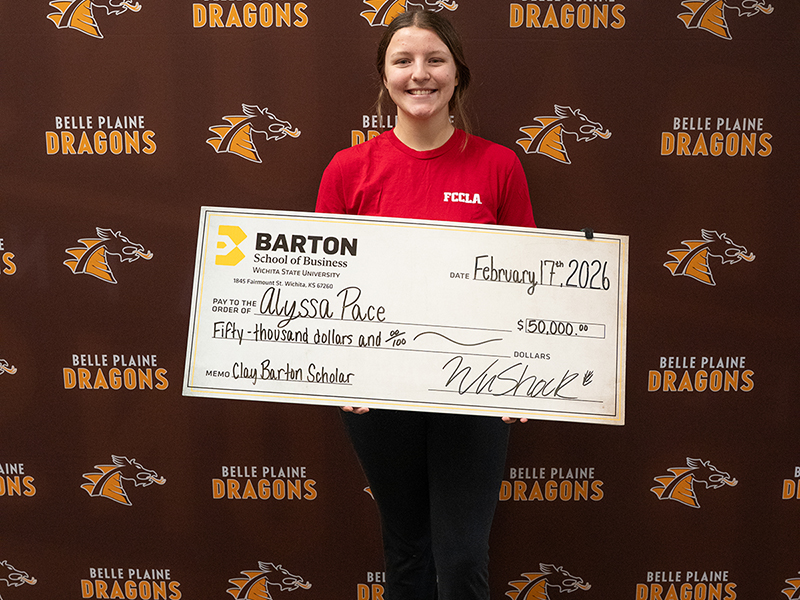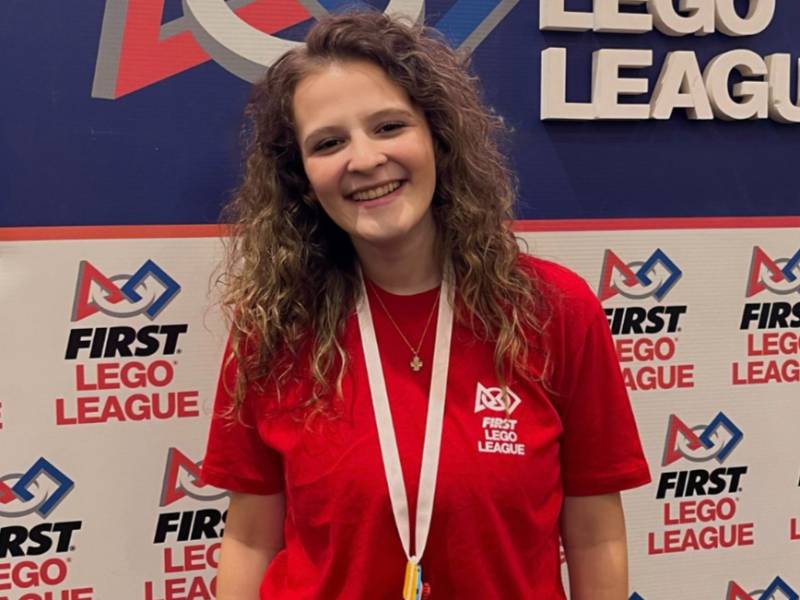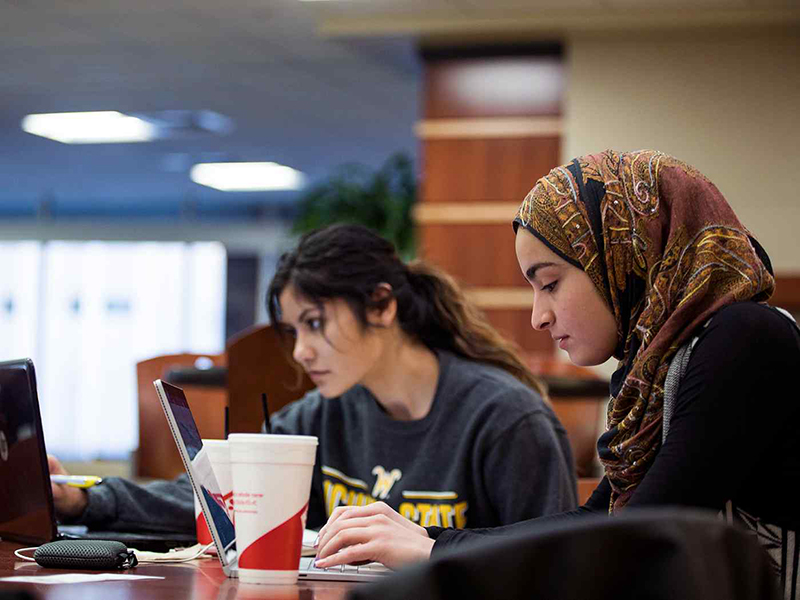MagicHand, an anthropomorphic robotic hand designed by a Wichita State University engineering team, is participating in the National Science Foundation Innovation Corps program.
The MagicHand is designed to achieve various dexterous object manipulations, including object sorting, arranging and packaging. The MagicHand team began the seven-week path to commercialization in March.
The team conducts research into robotic grasping, dexterous manipulation, and context perception. The team consists of Hui Li, engineering graduate student; Hongsheng He, assistant professor in the School of Computing; and Vis Madhavan, professor of industrial and manufacturing engineering and founder of Fairmount Technologies LLC. Li serves as the entrepreneurial lead. Dr. He is the team’s academic lead, and Madhavan is the team’s mentor – roles required by the NSF for all I-Corps projects.
“The team is particularly grateful to the Shocker I-Corps program and director Sherry Whitson for the commercialization training, advising, and recommendation of the team to the NSF I-Corps program,” Dr. He said. “The dexterous MagicHand could be an enabling technology for packing and manipulation of irregular-shaped, unknown, or deformable objects for e-commerce and manufacturing industries.”
The team proposed innovative perception and learning approaches as well as combinations of those with applications to manipulating unfamiliar, assorted, stacked, or deformable objects in an unstructured environment. Provisional patent applications for the innovation have been filed.
MagicHand participated in the Shocker I-Corps program, administered by WSU Strategic Initiatives in summer 2021. Wichita State University is an NSF I-Corps Site. The Shocker Innovation Corps nurtures and supports Wichita State entrepreneurial teams interested in transitioning their STEM ideas, devices, processes, or other intellectual activities into the marketplace in anticipation of profit. Ideas and projects can originate from student work, research (funded or unfunded) and institutional or industrial projects. The topical focus of a project must be in a STEM area.
About NSF Innovation Corps
The National Science Foundation I-Corps program prepares scientists and engineers to extend their focus beyond the university laboratory and accelerates the economic and societal benefits of NSF-funded, basic research projects that are ready to move toward commercialization. Through I-Corps, NSF grantees learn to identify valuable product opportunities that can emerge from academic research and gain skills in entrepreneurship through training in customer discovery and guidance from established entrepreneurs.
About WSU Strategic Initiatives
WSU Strategic Initiatives empowers market-driven technology development, demonstration, and deployment by providing unparalleled access to WSU facilities, faculty, and students as problem solvers for business/industry, innovators, and students to explore, evaluate, customize, and implement new technology.





